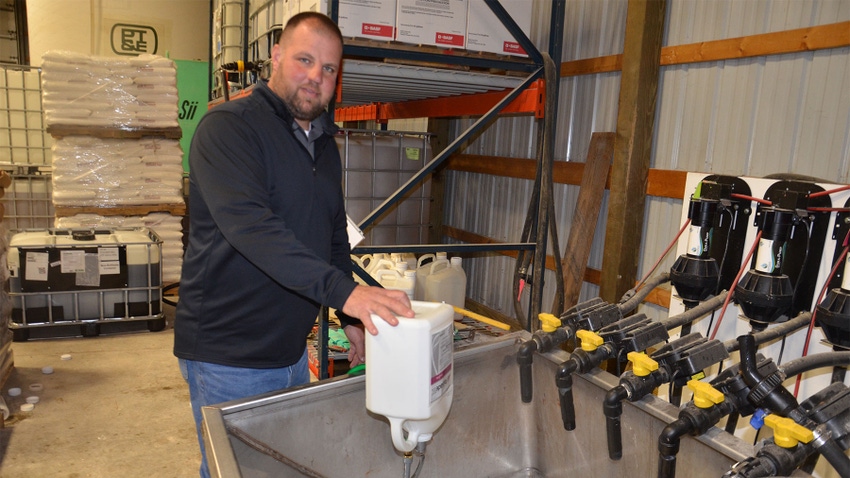January 29, 2024

Want to bring cover crops into your operation? Where should you go for guidance and information?
Almost every successful no-till and cover crop farmer will tell you the best guidance comes from another farmer already doing these things successfully.
Farmers across Indiana who have made cover crops work would begin by letting you in on a little secret: Treat your cover crops like you treat your cash crops.
Would you plant a corn hybrid without researching its potential, talking to your seed dealer or agronomist about it, or seeing if it fits your goals? Of course not. You also wouldn’t just pick up a few bags of seed and throw them in the planter without doing some level of due diligence.
If you’re thinking about cover crops or in the early stages of starting your journey to soil health, consider this advice from successful cover-croppers.
Cover crops guidance
Find someone who can walk you through the process. This person should have experience and knowledge of using cover crops in your kind of operation. It may be another farmer, an agronomist with your co-op or seed company, or someone else. Whoever it is, find someone to get you started and keep you on track to success.
This person is vital to your short- and long-term success. So be careful whom you select. Make sure they know cover crops well. They may know seed, herbicides and fertilizer, but if they do not know about cover crops in particular, continue looking. As you move through your cover crops journey, return the favor. Become a mentor to a farmer just starting with cover crops.
One of the first things you will likely discuss with your cover crops mentor is why you want to plant cover crops. Determine a primary and secondary reason for your farm. This reason may even change from field to field and year to year, but have a reason. The reason will dictate the species you plant, how you plant, when you plant, and when and how you terminate the cover. You don’t necessarily want to plant a winterkill mix if your primary purpose is winter-long erosion control.
Get started
Introducing cover crops into your operation is truly a journey. As the adage goes, “A journey of a thousand miles begins with the first step.” Take that first step by finding someone who has walked a portion of the journey already, and who is willing to help you along the way.
They can help you with the “what to do” and “what not to do” parts of your journey. Hopefully, eliminating many of the obstacles and problems that could cause you to stumble will help you succeed.
First and foremost, reminder to treat your cover crop like your cash crop. For more information on bringing cover crops into your operation, contact your local USDA Service Center.
About the Author(s)
You May Also Like






